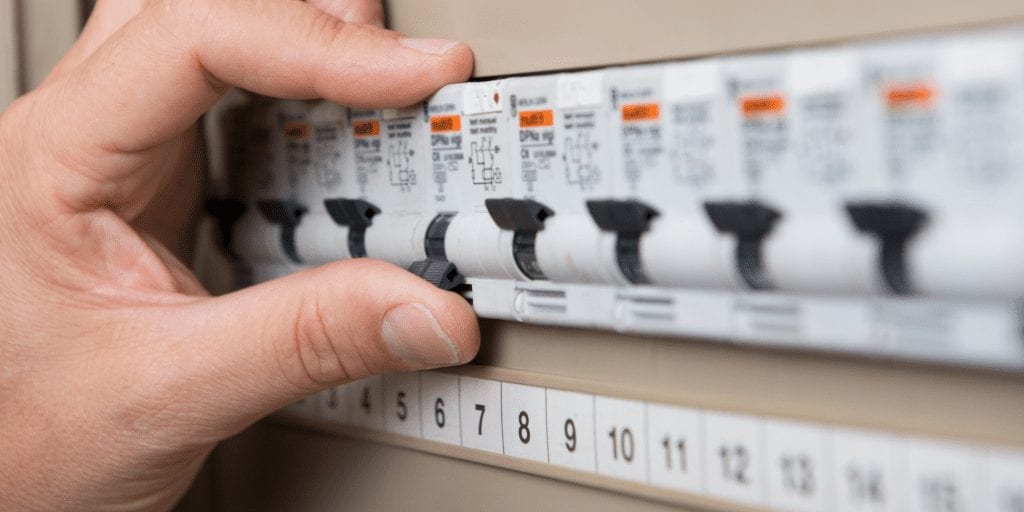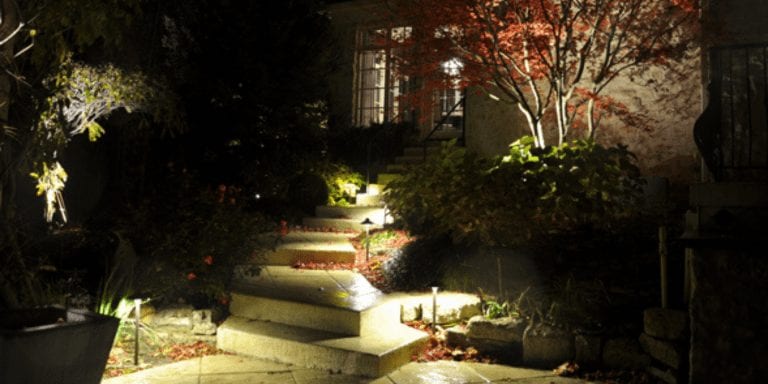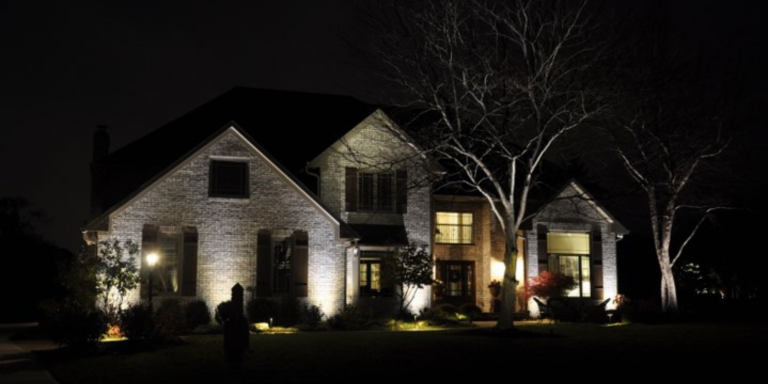
Recently a homeowner called because some of his landscape lights were not working. When we inspected his transformer, we found that one of the circuit breakers kept tripping. In order to diagnose the problem, we needed to isolate which lines were good and which line was the problem. We do this by testing each line until the circuit breaker trips.
In the case of this homeowner’s system, we isolated the line which had the problem, and then checked the connections of the fixtures. We found that both wires from the fixture and the cable were all secured together with one wire nut. Every time power came on the line shorted out and the circuit breaker tripped. Once we properly connected each of the wires from the fixture to a corresponding low voltage power line the circuit breaker no longer tripped and all his lights worked fine.
Other things to consider:
- When a circuit breaker trips it often means that there is a short somewhere on the line. Wires are likely touching. Sometimes it can be quite tricky finding the problem. I have seen instances when chipmunks have chewed the insulation off the wires. When the bare wires touch, or if the exposed wires become wet, moisture can conduct electricity and the line shorts out.
- A bad fixture can be the cause of the problem. When this happens the fixture is old and the insulation has worn off the wire. If the fixture is bad sometimes we can replace the socket assembly and that often fixes the problem. There are times when the fixture is so bad that there is no fix to it and it must be thrown away.
- A circuit breaker can trip even if there isn’t a short. Earlier this year a different customer called me because several of his lights were out. He told me that the bulbs had burned out and needed to be replaced. It sure didn’t seem to make sense since I had changed the bulbs about a month earlier. When I made the service call, I found that one of the circuit breakers had tripped. I reset it and a few days later I received a call from the homeowner that the same lights were out again.
Although the wattage being handled by the circuit breaker was well within its design parameters, it had become much more sensitive. There wasn’t a short – just a super sensitive breaker. By adjusting the load and reducing the wattage, the problem circuit breaker didn’t trip any longer. Sometimes the problem can be solved by adjusting the load and at other times the only solution is to replace the circuit breaker.
When a circuit breaker trips it can be for a variety of reasons. Even mechanically inclined people can be stumped trying to solve the problem. When you have a landscape lighting problem don’t get frustrated – call a landscape lighting expert.






